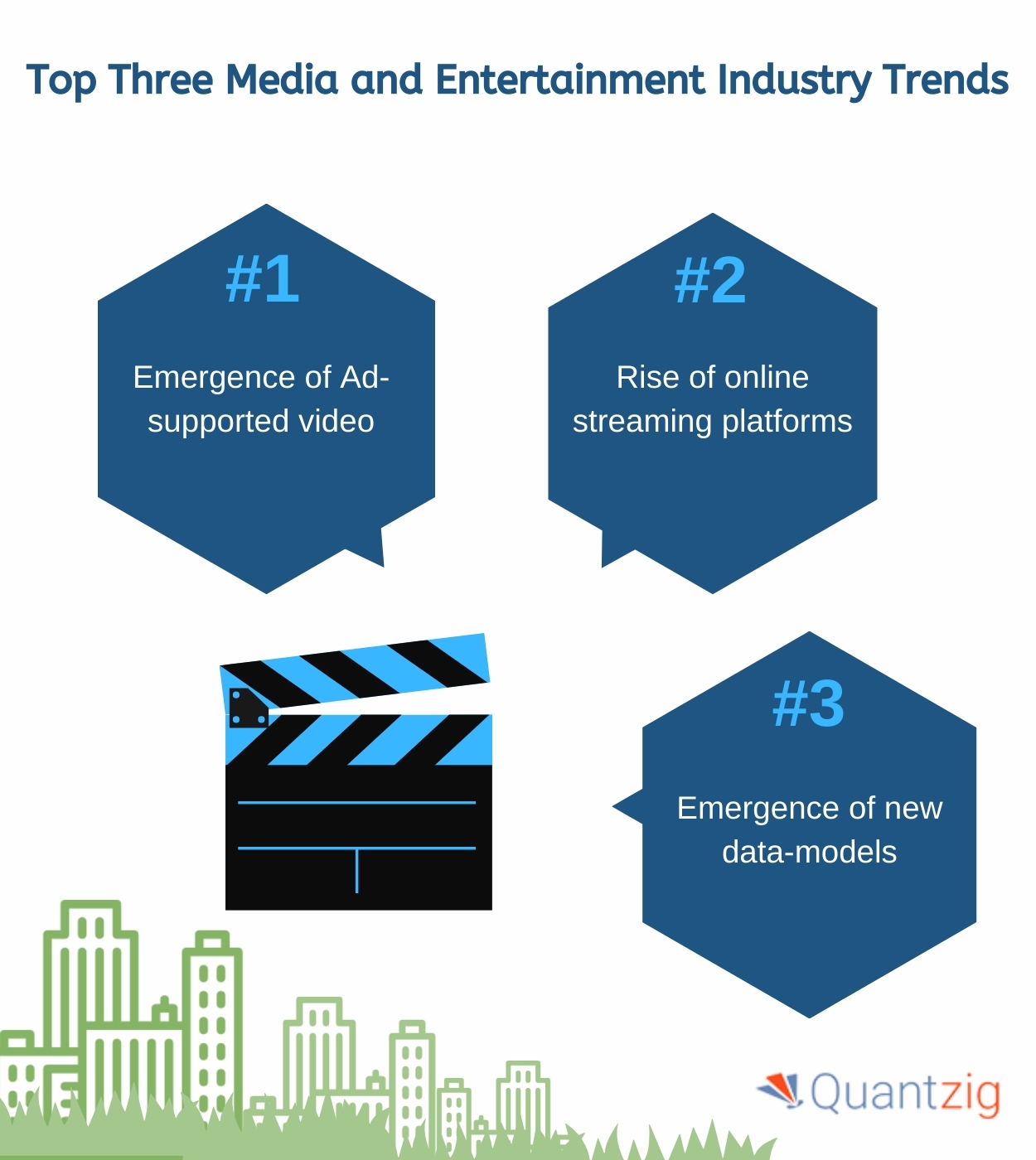Buzz Haven: Your Daily Dose of News
Stay informed and entertained with the latest buzz in news, trends, and insights.
Nostalgia Overload: Why We're Obsessed with the Past
Dive into the nostalgia craze! Discover why our love for the past fuels obsession and shapes our present. Don't miss this trip down memory lane!
The Psychology Behind Nostalgia: Why We Yearn for the Good Old Days
The psychology behind nostalgia reveals a complex interplay of emotions and cognitive processes that drive our yearning for the past. Nostalgia acts as a coping mechanism, allowing individuals to connect with their personal histories and find comfort in memories that evoke feelings of happiness and belonging. Studies have shown that reminiscing about positive experiences can enhance our mood, boost self-esteem, and even foster social connections by reinforcing shared experiences with others. Such memories not only provide solace but also play a crucial role in shaping our identity and sense of self.
Moreover, nostalgia can serve as a powerful tool for marketers and content creators, as it taps into the universal longing for the good old days. By invoking familiar imagery, iconic music, or memorable products from the past, brands can elicit emotional responses that strengthen consumer loyalty and engagement. This phenomenon is evident in the resurgence of vintage styles and retro themes across various media, appealing to our desire for simpler times while simultaneously creating a sense of continuity in an ever-changing world. Ultimately, understanding the psychology of nostalgia not only enriches our personal lives but also informs effective communication strategies in marketing and storytelling.

How Pop Culture Revives Our Fondest Memories
Pop culture has an uncanny ability to evoke nostalgia, tapping into the collective memories of generations. Television shows, movies, and music from our youth often resurface in modern media, giving us a glimpse into simpler times. For instance, the resurgence of 90s sitcoms through reboots or streaming services allows both new audiences and original fans to relive the humor and heartwarming moments that defined their childhood. This phenomenon not only entertains but also cultivates a sense of connection among viewers who share similar experiences, making it easier to reminisce about shared cultural milestones.
In addition to television, music plays a pivotal role in reviving fond memories. Songs that were once the soundtrack of our lives have a magical way of transporting us back to specific moments, evoking emotions and images we thought were long buried. For example, classic hits featured in popular films or documentaries not only introduce the next generation to iconic artists but also remind older audiences of pivotal life events, such as first dances or summer road trips. This interplay between pop culture and our personal narratives creates a rich tapestry of shared memories that keeps the past alive, illustrating how art continuously shapes and reshapes our understanding of who we are.
Is Nostalgia Harming or Healing Us? Exploring Its Impact on Mental Health
Nostalgia is a complex emotion that can evoke a bittersweet feeling, which raises the question of whether it is ultimately harmful or healing to our mental well-being. On one hand, nostalgic memories can serve as a coping mechanism, providing comfort and a sense of belonging. They allow individuals to reconnect with cherished moments from their past, helping to boost mood and promote feelings of connection to others. Research has shown that engaging in nostalgia can enhance self-esteem and provide a greater sense of meaning in life, suggesting that it plays a vital role in maintaining our emotional balance.
However, excessive indulgence in nostalgia can lead to negative mental health outcomes. When individuals become overly fixated on the past, they may find it challenging to engage with the present or look forward to the future. This tendency can foster feelings of sadness, loss, or even regret, indicating that nostalgia may serve as a double-edged sword. It is essential to strike a balance between cherishing memories and embracing current experiences to cultivate a healthier mindset. In conclusion, the impact of nostalgia on mental health is multifaceted, highlighting the importance of moderating our reflections on the past to promote healing rather than harm.